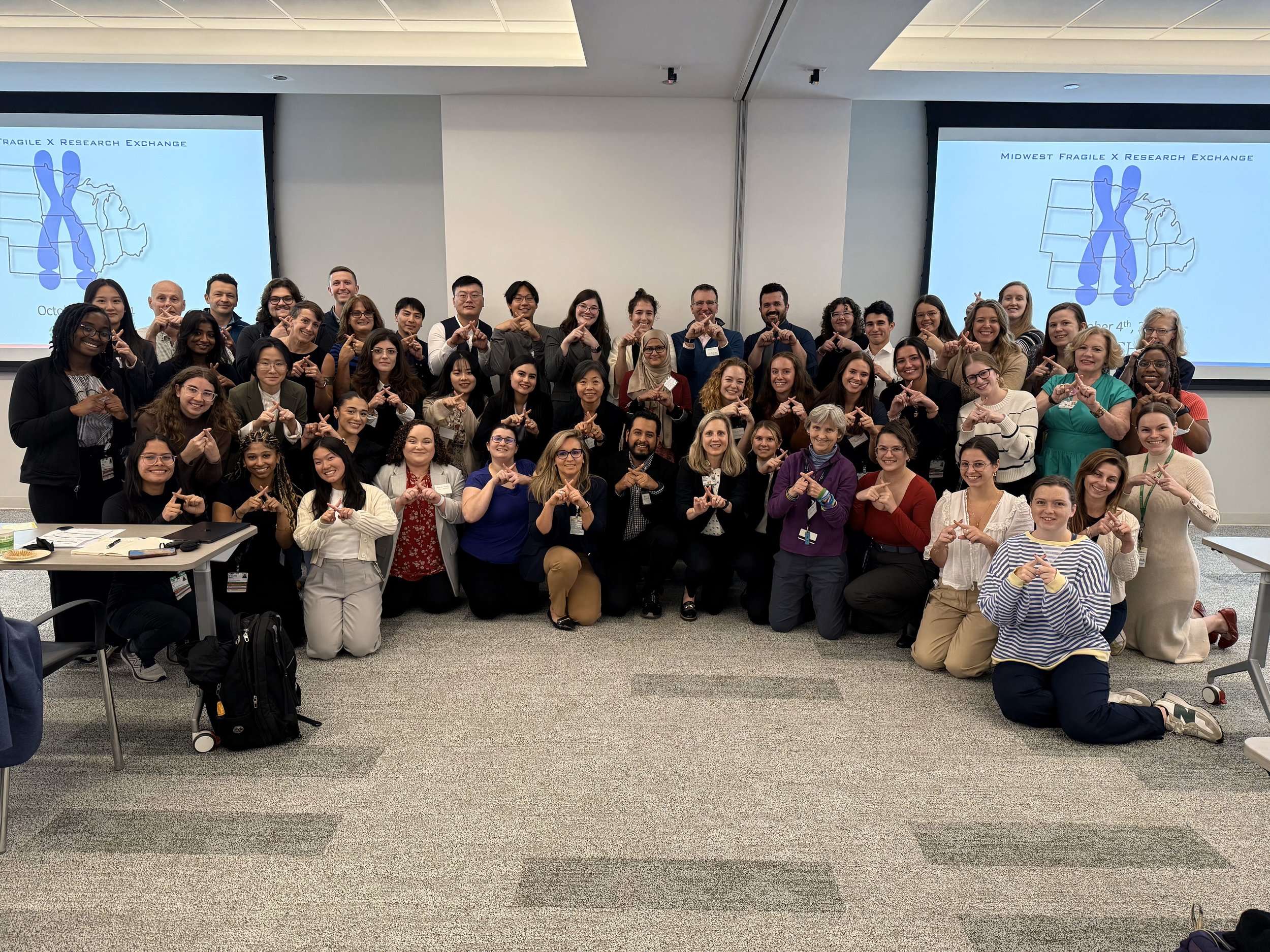Our Projects
Get to know our research and current studies.
CURRENT Projects:
The cognition and perception experiment (CAPE)
The PACER Lab at Purdue University is looking for volunteers age 18-30 years old for a study on PFAS and brain activity (PI: Dr. Dan Foti, IRB protocol IRB-2023-1271).
Participation involves:
An on-campus laboratory visit lasting approximately 5-6 hours
Recording brain activity using EEG
Completing computer tasks that involve responding quickly to shapes and listening to different tones
A brief blood draw (~5 mL)
An interview about your feelings and experiences.
Participants may be paid $20 per hour for their time and may also receive a small monetary bonus on some study activities.
If you are 18-30 years old and are interested in participating, please contact the research team at (765) 496-0377 or thecape@purdue.edu.
Past Projects:
The Infant Development Study
The Infant Development Study, led by Dr. Bridgette Kelleher of the Neurodevelopmental Family Lab here at Purdue, aims to understand how children develop from infancy to preschool. We are currently recruiting infants from the greater Lafayette community ages 10-13 months (corrected age, if born preterm) to participate in a series of assessment activities here at Purdue. We are particularly interested to learn how factors such as family, life experiences, and medical conditions (e.g. preterm birth, genetic disorders) might contribute to development. Our participants bring to the study a variety of unique abilities, experiences, and needs. We love watching them grow each year!
Depression Risk in Close Relationships
Dr. Foti and colleagues have received a $20,000 grant from the Indiana Clinical and Translational Sciences Institute to conduct a new study on depression vulnerability in close relationships. This project, "Social context and neural markers of vulnerability to depression," examines how symptoms of depression affect the quality of family relationships, and vice versa. Of interest is testing how novel measures of brain activity involved in emotional reactivity may uniquely predict who is at the highest risk for depression in those family contexts. This project will be conducted in collaboration with Dr. Susan South of the Purdue Psychological Sciences Department.
BRAIN AND BEHAVIOR STUDY (BABS)
We conducted a natural history study to learn about brain activity and behavior in females living with the FMR1 premutation. The FMR1 premutation is known to cause an array of health concerns, including early menopause, increased risk for mood and anxiety disorders, and a tremor/ataxia syndrome in older age. As depression researchers, we are trying to understand what physiological processes are responsible for the drastically elevated incidence of depression among women with the FMR1 premutation. Participants were comprehensively phenotyped using EEG (to examine psychophysiological processes known to confer risk for depression in the general population), magnetic resonance spectroscopy (to directly quantify neurotransmitter concentrations in the brain), cognitive and neuropsychological testing, clinical interviews, and surveys. Further, participants completed a blood draw which we genotype for a number of factors related to the FMR1 premutation. We hope that the long-term impact of this research will be to improve treatment outcomes for those with depression.
Culturally Adapting Remote EEG to Expand Research Generalizability (CREER)
CREER aimed to pilot a culturally adapted protocol used for the remote administration of EEG, specifically tailored to Hispanic/Latine participants. Using quantitative and qualitative methods, this project assessed the acceptability, feasibility, and clinical validity of the protocol to better understand neural processes tied to depression. This project aimed to reduce ethnic disparities in clinical neuroscience research by utilizing telehealth methods and integrating a culturally sensitive protocol that respects the unique experiences, values, and backgrounds of Hispanic/Latine individuals.

See our findings
We disseminate our findings in multiple forms, including manuscripts and presentations. See our work below.
